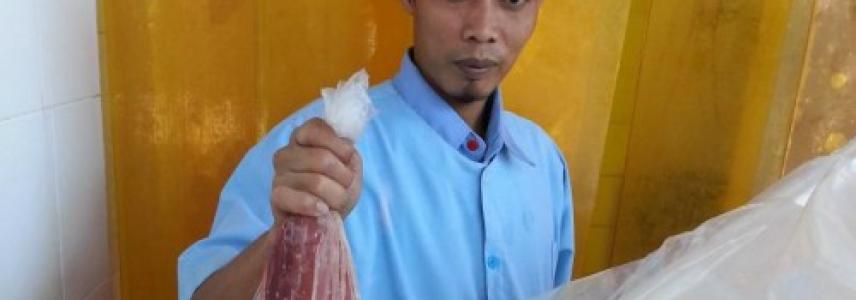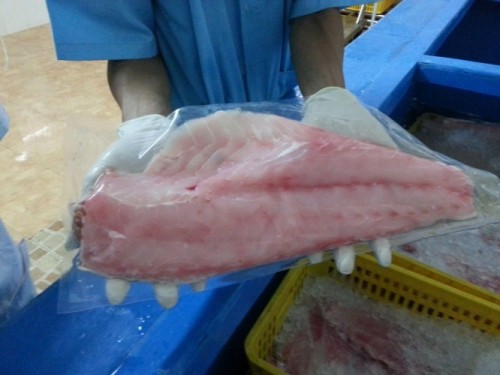Indonesian tuna exporter enjoying spectacular success

A tuna-processing firm in Sulawesi, Indonesia is now really reaping the benefits of participating in a CBI Export Coaching Programme (ECP).
Following initial success in exporting fresh tuna to Europe, P.T. Parlevliet Paraba Seafood, has now switched its focus to exporting frozen tuna too.
Benefits
In the early 2000s, before CBI started supporting Indonesian seafood companies through its Export Coaching Programme, many exporters hardly considered adding Europe to their exporting landscape, explains Siegfried Bank, CBI’s seafood and fisheries expert. Now, thanks to the current ECP, several of these companies have broken into the EU fish market and are exporting their products.
Turnover boost
Parlevliet Paraba, continues Bank, is just one of the companies that is experiencing spectacular success thanks to what they learned during the ECP. The company started exporting in 2014 and by the end of 2015 it had realised a 14-fold increase in turnover to Europe. Before the ECP, Parlevliet Paraba mainly focused on exporting to Japan, the US and, to a lesser extent, China. “During the ECP we brought them into contact with buyers in Germany and other EU companies. Since then, they have built up their operations and have been regularly exporting fresh tuna and, since recently, containers of frozen tuna too, representing significant turnover for an SME.”
Modernised
Things then went from good to better after the company participated for the first time in the 2015 Seafood Expo Global in Brussels, the world’s leading seafood trade show. Parlevliet Paraba had already completely modernised its production facilities. This enabled them to also focus on frozen products alongside the success they had already achieved with exporting fresh tuna. Although it is more profitable when done properly, exporting fresh tuna as far as Europe is more complicated and risky.
Expansion
During the Brussels trade show Parlevliet Paraba made some excellent new contacts, says Bank, and it now plans to export more regular shipments of fresh tuna to European buyers. Furthermore, with a view to expanding into the European retail and supermarket business, the company is now preparing for an audit by the British Retail Consortium (BRC) a renowned international food standard in Europe. “This, in itself, is quite an achievement,” he assures.
Entry requirements
In evaluating the company’s success Bank explains that before being coached by CBI Parlevliet Paraba didn’t know how to approach the EU market. They didn’t know who the main players were and were oblivious to the preconditions for exporting. Thanks to the ECP they learned how to do business with Europe and about market access requirements. “Europe has different entry requirements. In Japan, for example, buyers often work together with suppliers; but Europe is a lot more passive and expects suppliers to do the groundwork themselves.”
Parlevliet Paraba’s success didn’t go unnoticed at home last year either. At the end of 2015 they received an award from the Indonesian Government for being the country’s “Best Fishery Processing Company”. After the award ceremony messages of gratitude sent by Mr. Jumarto, Parlevliet Paraba’s Marketing Director. They said: “Thank you very much for your support, and thank you too for the support of CBI.”
Contact
If you have any questions about this project, please contact Hugo Verhoeven at hverhoeven@cbi.eu.

